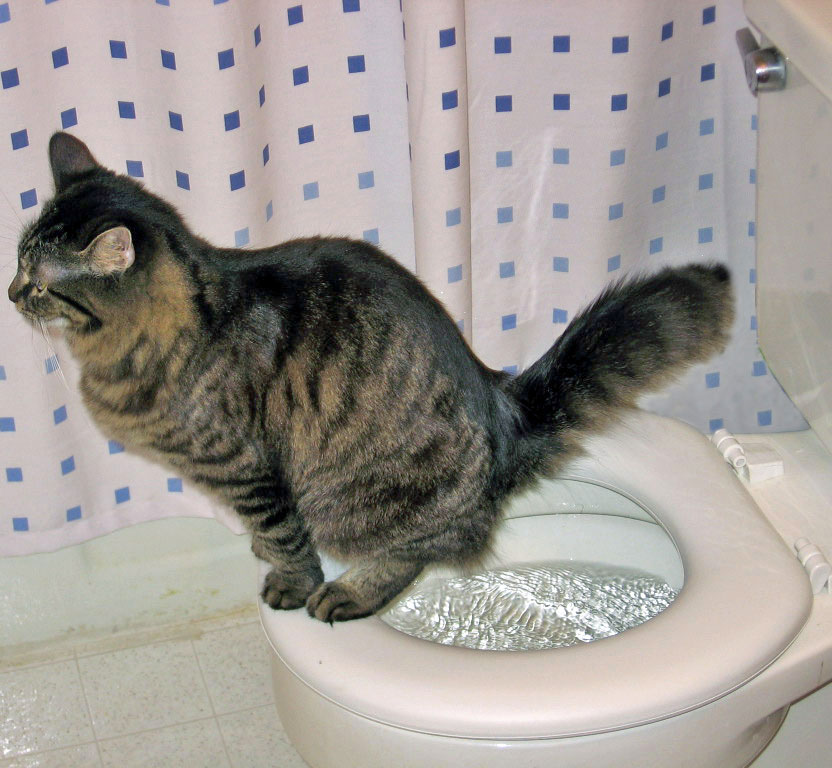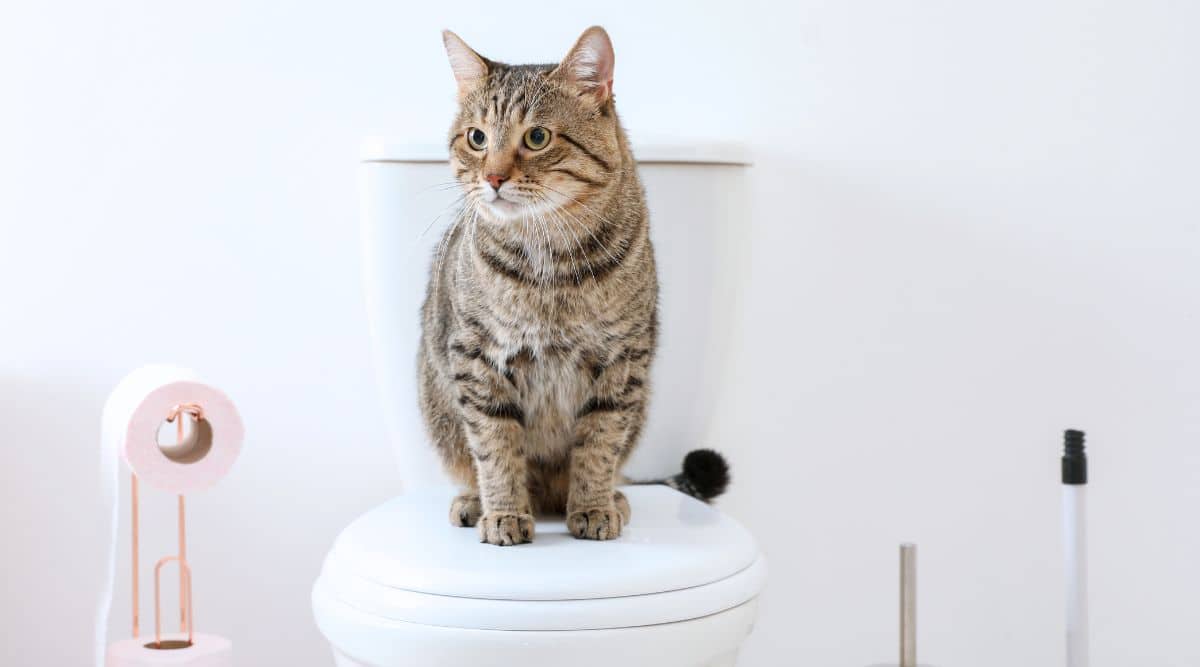Why You Mustn't Flush Cat Poop Down Your Toilet - Maintain Your Plumbing System
Why You Mustn't Flush Cat Poop Down Your Toilet - Maintain Your Plumbing System
Blog Article
The article author is making a number of good points on the subject of How to Dispose of Cat Poop and Litter Without Plastic Bags as a whole in the content beneath.

Introduction
As pet cat proprietors, it's essential to bear in mind just how we deal with our feline good friends' waste. While it might seem hassle-free to flush cat poop down the bathroom, this technique can have harmful repercussions for both the atmosphere and human wellness.
Environmental Impact
Purging cat poop introduces damaging microorganisms and parasites right into the water system, positioning a significant risk to water environments. These pollutants can negatively affect marine life and concession water top quality.
Health and wellness Risks
In addition to environmental concerns, purging feline waste can likewise pose wellness dangers to humans. Pet cat feces may contain Toxoplasma gondii, a bloodsucker that can cause toxoplasmosis-- a potentially extreme health problem, especially for expectant women and people with damaged immune systems.
Alternatives to Flushing
Thankfully, there are much safer and more liable means to throw away cat poop. Think about the following choices:
1. Scoop and Dispose in Trash
One of the most usual approach of getting rid of cat poop is to scoop it right into an eco-friendly bag and throw it in the trash. Make sure to make use of a dedicated litter scoop and throw away the waste without delay.
2. Use Biodegradable Litter
Select eco-friendly pet cat clutter made from products such as corn or wheat. These clutters are eco-friendly and can be safely taken care of in the garbage.
3. Hide in the Yard
If you have a yard, think about hiding feline waste in a designated area away from veggie yards and water resources. Make certain to dig deep adequate to stop contamination of groundwater.
4. Set Up a Pet Waste Disposal System
Purchase a pet waste disposal system specifically made for feline waste. These systems use enzymes to break down the waste, lowering odor and ecological effect.
Verdict
Accountable pet dog ownership expands beyond offering food and sanctuary-- it also entails proper waste administration. By avoiding flushing feline poop down the commode and opting for different disposal methods, we can reduce our ecological impact and shield human wellness.
Why You Should Never Flush Cat Poop Down the Toilet
A rose by any other name might smell as sweet, but not all poop is created equal. Toilets, and our sewage systems, are designed for human excrement, not animal waste. It might seem like it couldn’t hurt to toss cat feces into the loo, but it’s not a good idea to flush cat poop in the toilet.
First and foremost, assuming your cat uses a litter box, any waste is going to have litter on it. And even the smallest amount of litter can wreak havoc on plumbing.
Over time, small amounts build up, filling up your septic system. Most litter sold today is clumping; it is made from a type of clay that hardens when it gets wet. Ever tried to scrape old clumps from the bottom of a litter box? You know just how cement-hard it can get!
Now imagine just a small clump of that stuck in your pipes. A simple de-clogger like Drano isn’t going to cut it. And that means it’s going to cost you big time to fix it.
Parasitic Contamination
Believe it or not, your healthy kitty may be harboring a nasty parasite. Only cats excrete Toxoplasma in their feces. Yet it rarely causes serious health issues in the cats that are infected. Most people will be fine too if infected. Only pregnant women and people with compromised immune systems are at risk. (If you’ve ever heard how women who are expecting are excused from litter cleaning duty, Toxoplasma is why.)
But other animals may have a problem if infected with the parasite. And human water treatment systems aren’t designed to handle it. As a result, the systems don’t remove the parasite before discharging wastewater into local waterways. Fish, shellfish, and other marine life — otters in particular — are susceptible to toxoplasma. If exposed, most will end up with brain damage and many will die.
Depending on the species of fish, they may end up on someone’s fish hook and, ultimately on someone’s dinner plate. If that someone has a chronic illness, they’re at risk.
Skip the Toilet Training
We know there are folks out there who like to toilet train their cats. And we give them props, it takes a lot of work. But thanks to the toxoplasma, it’s not a good idea.

I discovered that blog entry on Don’t flush cat feces down the toilet when doing a search on the internet. Feel free to take the opportunity to distribute this page if you enjoyed reading it. Kudos for your time. Visit again soon.
Request Free Estimate Report this page